Top Swiss diplomat defends Turkish coup response

Yves Rossier, state secretary of the foreign ministry, has defended the action of the Turkish government and President Recep Tayyip Erdogan after an attempted coup last month. He also stressed the need for dialogue and reconciliation, adding that aggressive talk was a waste of time.
In an interview with the Tages-Anzeiger and Der Bund newspapers on Wednesday, Rossier was asked whether he could accept the current situation in which Turks in Switzerland who don’t support Erdogan were being threatened by the Turkish government and affiliated organisations.
“The tone adopted by some exponents is unpleasant,” Rossier admitted. “But it can’t be controlled. A lot is permitted in a political dispute. Criticism is allowed.”
When pressed that these calls to denounce Erdogan critics could intimidate some people, Rossier replied that it was up to the justice authorities to decide whether those calls were punishable.
“To what extent people are intimidated is another question,” he said. “I think Turkish civil society has shown many times that it is not easily intimidated. That was why the attempted coup of July 15 failed: people took to the streets despite being shot at. They weren’t afraid; civil courage was stronger. That’s a good sign.”
Erdogan, who was in Russia on Tuesday for talks with Vladimir Putin on improving ties, has sharply criticised the United States and the European Union for what he says is a lack of solidarity with Turkey over the coup and of caring more for the rights of the suspected plotters.
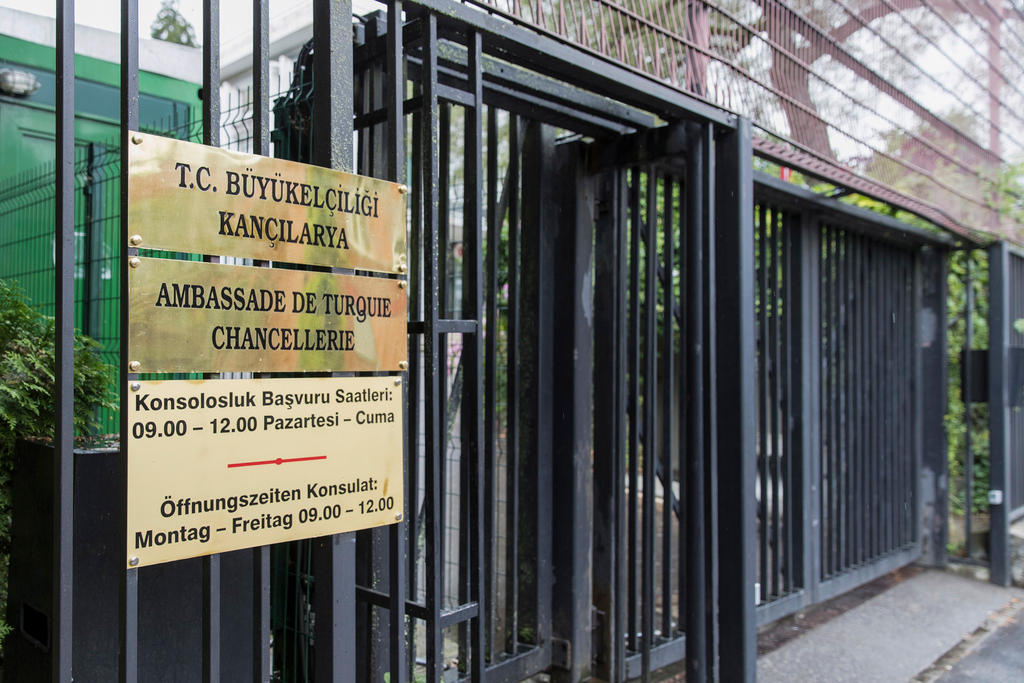
More
Gülen supporters under threat in Switzerland
Erdogan blames Fethullah Gulen, a Muslim cleric who has lived in self-imposed exile in Pennsylvania since 1999, and his followers for the attempted putsch, in which more than 240 people were killed and nearly 2,200 wounded.
Threatening gestures
Rossier added that aggressive declarations, such as those made by Austrian Foreign Minister Sebastian Kurz, achieved little.
At the weekend Kurz threatened to block the expansion of negotiations with Turkey on its accession to the EU, which could scupper a landmark migration deal between Brussels and Ankara.
Why, Rossier was asked, did Switzerland tolerate some of its inhabitants – Turks – being threatened by a foreign government when Austria clearly didn’t?
“Every country reacts in its own way. From the start Switzerland has called for restraint and reconciliation among the democratic powers. We reacted with vigour but not for show,” he said.
“We expect the appropriate restraint from Turkey’s official representatives in Switzerland. Threatening gestures will not be tolerated. We’ve said that several times since the middle of July – both bilaterally with Turkey and within the framework of the OSCE [Organization for Security and Co-operation in Europe].”
So comments such as those made by Kurz would be un-Swiss? “Not only that – they don’t achieve much. We want to help Turkey remain a constitutional state. In this respect the country has made considerable progress in recent decades under the AKP government of Erdogan,” he replied.
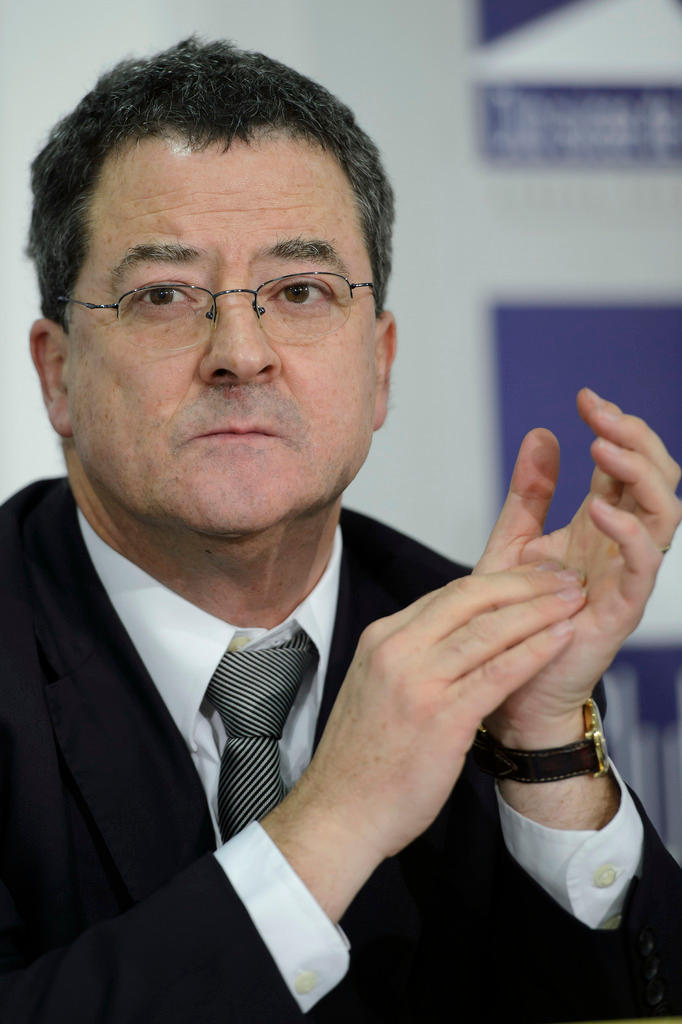
This help, he explained, would take the form of continued dialogue with not only the government but also civil society. In addition Swiss NGOs were in location and helped separate fact from rumours.
“Today, Turkey is a modern, urbane society. Things were completely different 30 years ago. Our message is: ‘don’t destroy what you have built’.”
‘Catastrophe’
Since the failed coup, Turkey has launched a series of mass purges of suspected Gulen supporters in its armed forces, other state institutions, universities, schools and the media, prompting Western worries for the stability of a key NATO ally.
Rossier said he was concerned by the possibility of Turkey’s 15-year move towards democracy and constitutional law being thrown into doubt. “That’s the decisive factor – not whether you like a head of state or not.”
When the interviewer pointed out that it was not a question of liking or disliking Erdogan but the fact that Erdogan wanted to “cleanse” the country, Rossier said people always tended to overestimate what individuals could achieve.
“If Turkey really did say farewell to the rule of law, that would be a catastrophe. But look at what’s happening now: the AKP and opposition parties have moved closer to each other. Sure, there’s been a reaction to the coup, but that’s normal. A coup is catastrophic for a constitutional state,” he said.
“Just imagine the Swiss army attacking parliament and shooting at civilians. There would be arrests. But broadening the arrests to critics of the government would not be permissible. The important thing is for those affected to be able to defend themselves in court.”
‘That comment is naïve’
Mustafa Atici, 46, is a member of Basel City’s cantonal parliament for the leftwing Social Democratic Party. He was born in Turkey and has lived in Switzerland since 1992.
In an interview with the Tages-AnzeigerExternal link on Thursday, he explained why Yves Rossier was “naïve” when he showed understanding for the Turkish government’s practice of locking up members of the opposition as long as they got a fair trial in court.
“The justice system [in Turkey] was more independent 30 years ago than it is today. Even before the attempted coup, Erdogan repeatedly locked up hundreds of judges who didn’t toe his political line. So which independent courts should those people turn to?”
Atici also took issue with Rossier’s comment that the ruling AKP Party had helped transform Turkey into a “modern, urbane society”. According to Rossier, “things were completely different 30 years ago”.
“Progress was indeed made under the AKP in the initial years,” Atici admitted. “But for several years now the country’s been going backwards. Freedom of the press and the protection of minorities has got significantly worse. Democratisation is declining. The attempted coup is an expression of the undemocratic development of recent years. I’m glad the coup failed.”
But Atici said he agreed with Rossier in two respects. “First, that we should help Turkey become more democratic. Second, that Switzerland should continue to work on dialogue with the country. We have to clearly explain to Turkey what we understand by constitutional democracy: human rights, freedom of the press and an independent judiciary. Rossier doesn’t say enough about that.”

In compliance with the JTI standards
More: SWI swissinfo.ch certified by the Journalism Trust Initiative








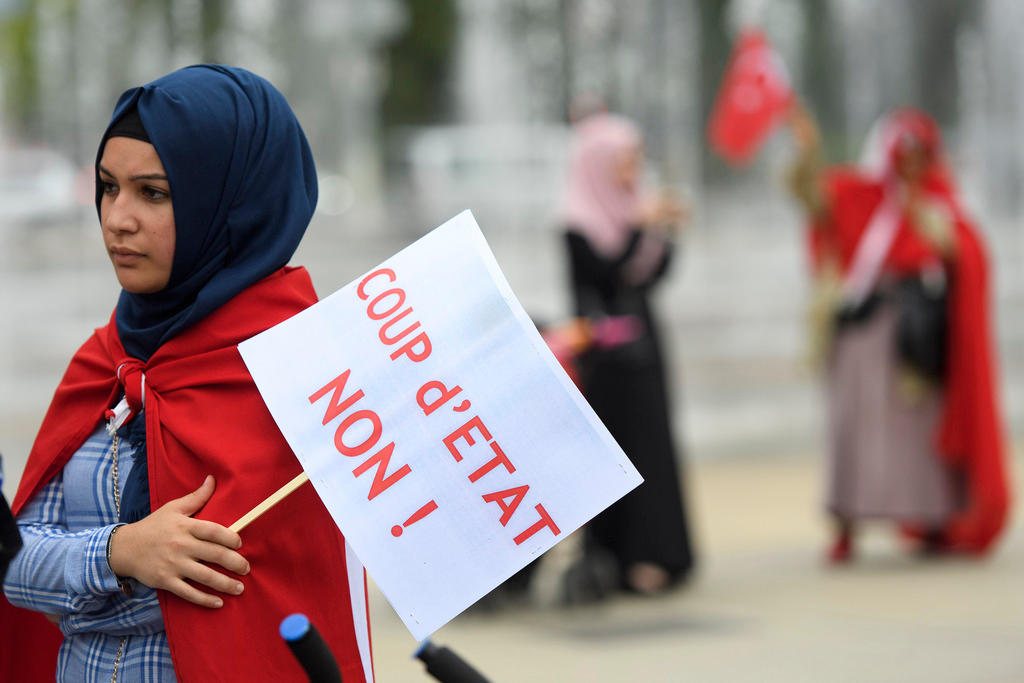
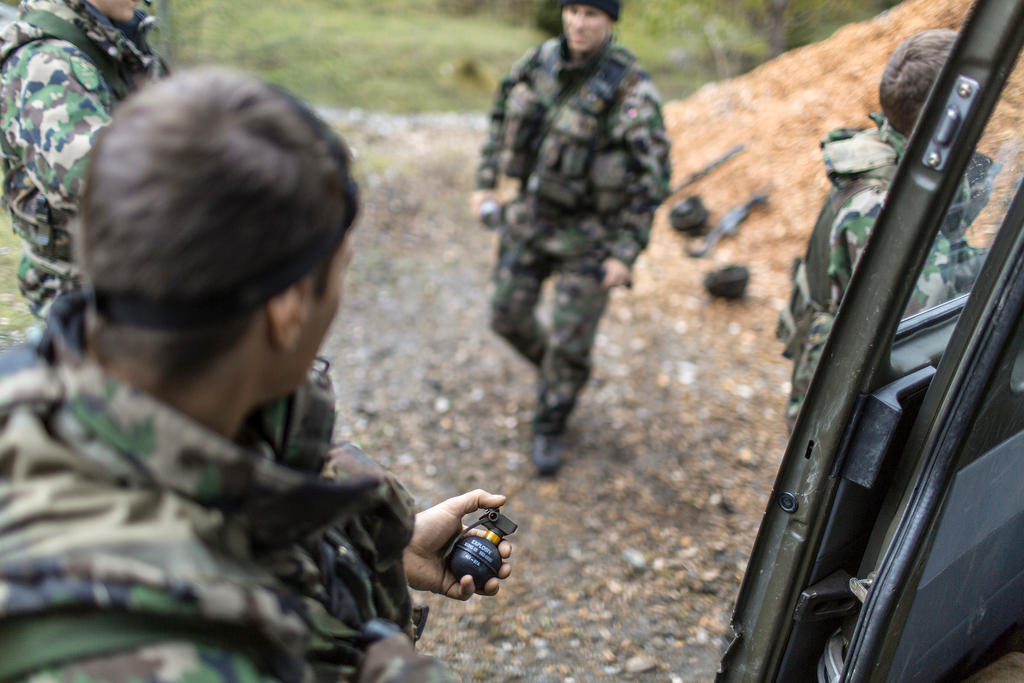
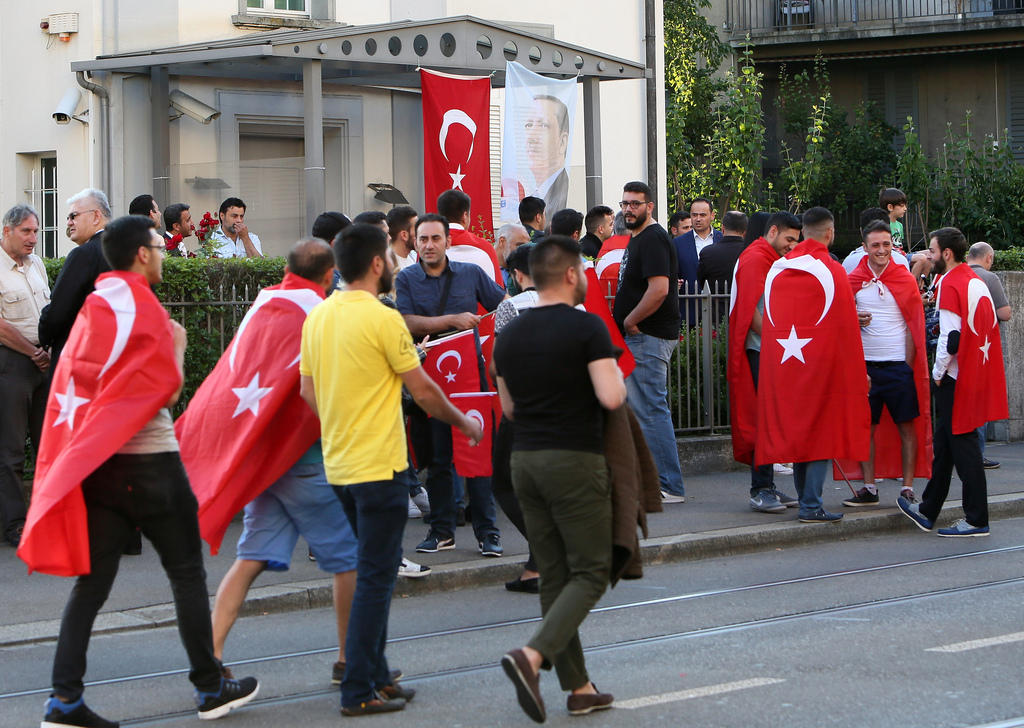

You can find an overview of ongoing debates with our journalists here . Please join us!
If you want to start a conversation about a topic raised in this article or want to report factual errors, email us at english@swissinfo.ch.